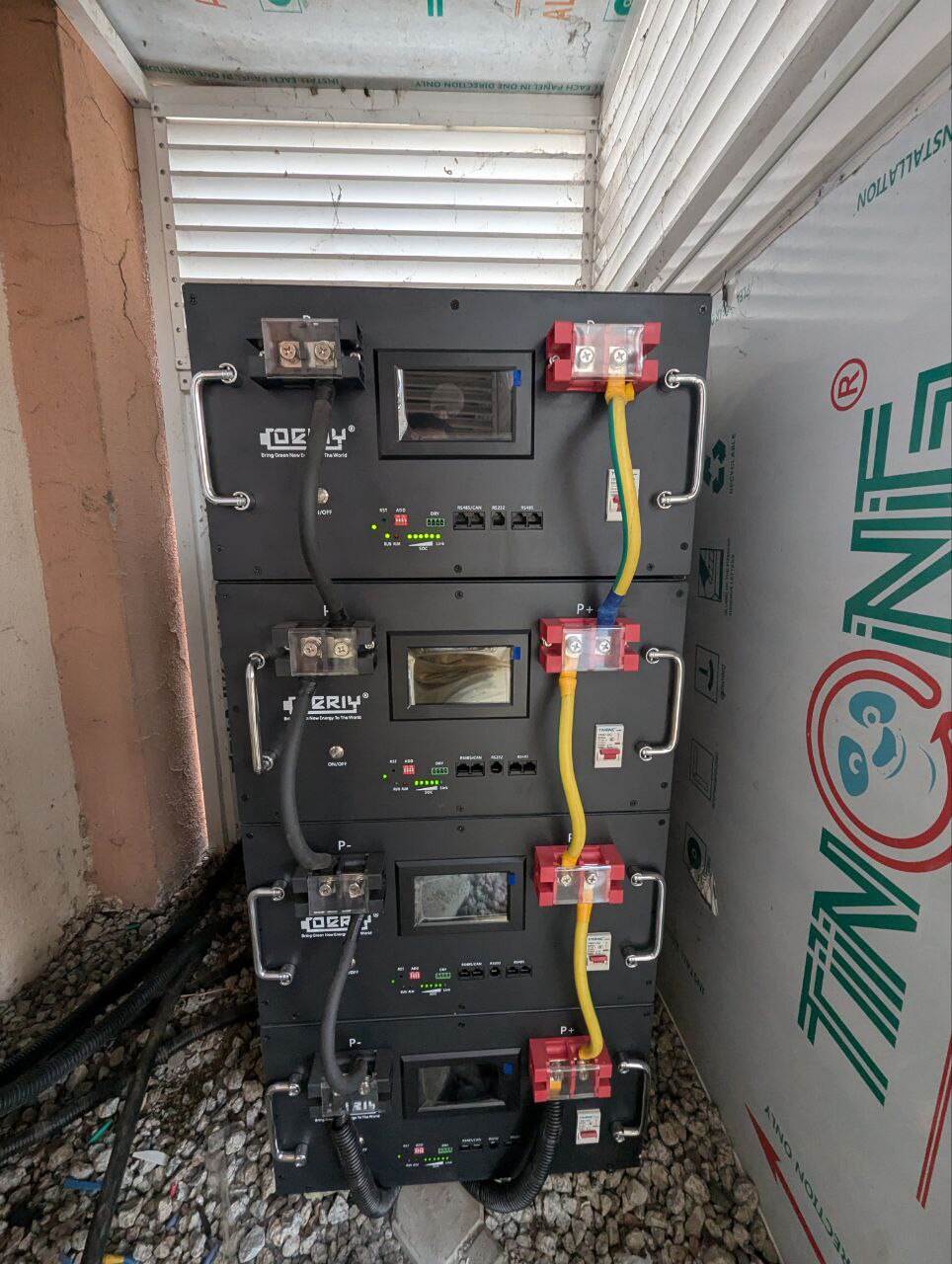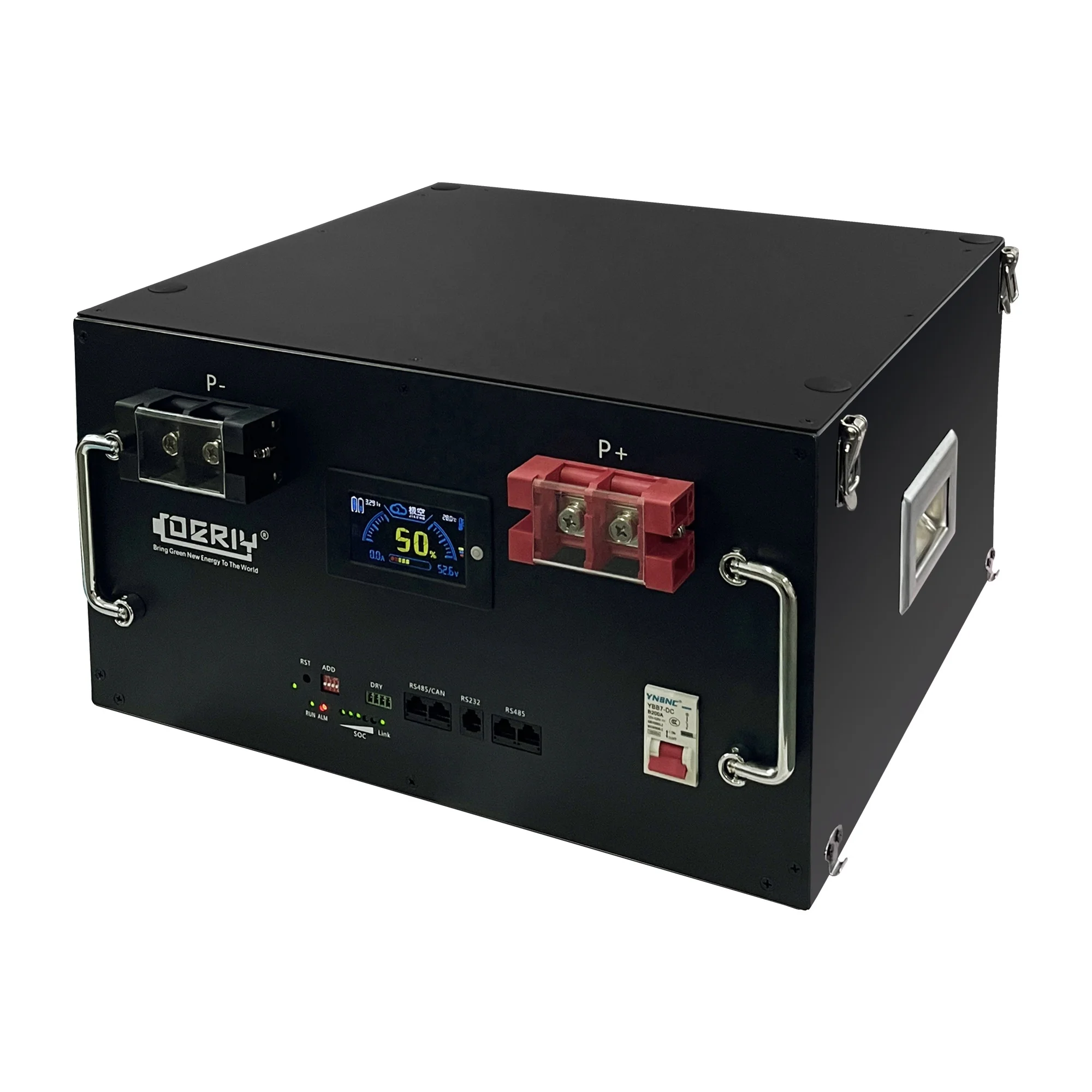
A lithium portable battery system is used in a variety of places such as camping and outdoor events. It’s not only easily transportable, but it can also be a great emergency power backup. This system uses lithium-ion batteries due to its high energy density advantages. Additionally, these batteries are also lightweight and compact. Many these portable systems come with added features such as preset chargers and output ports for charging multiple devices at the same time. Furthermore, these systems have built-in safety features that prevent over charging, discharging, and short circuits. Some models are solar powered, making them both self-sufficient and environmentally friendly
